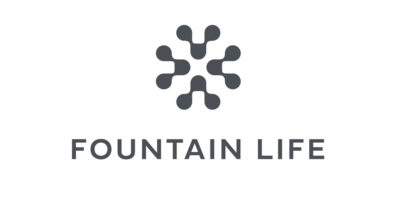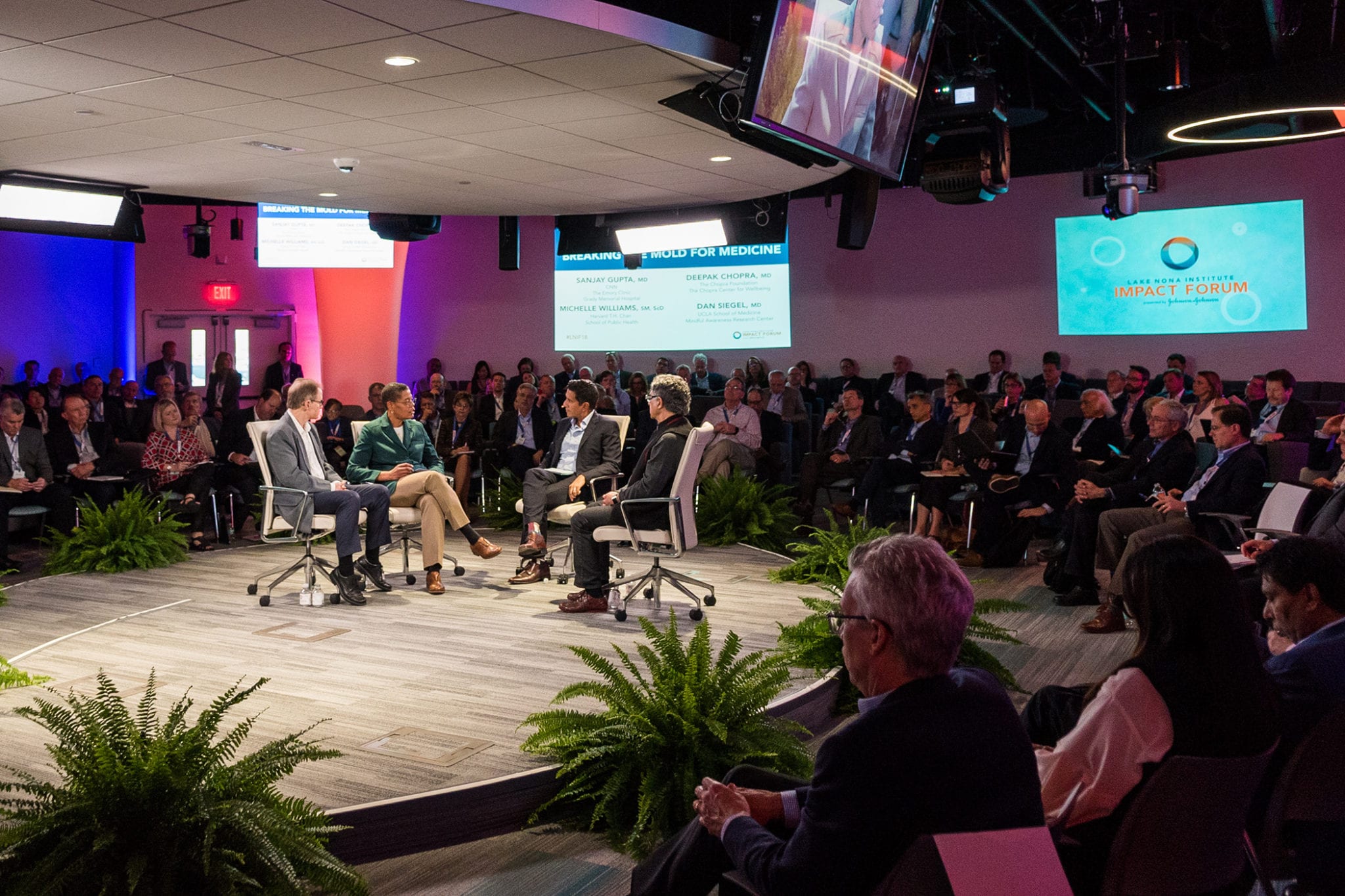
Healthcare is at an inflection point in the United States and around the world. Fundamental change is occurring within a structure that has reached critical levels of complexity and cost that have rendered the incumbent model inefficient and unsustainable. On the first day of the 2018 Lake Nona Impact Forum, we heard two very different approaches to healthcare from advocates for privatization and government intervention.
On our second day, Patrick Geraghty, CEO of Guidewell & Florida Blue, spoke with former U.S. Dept. of Health and Human Services Secretary Mike Leavitt about how the current political climate will cause health policy to shift from volume to value and what role innovation will play in this transformation. The shift, Leavitt says, began 25 years ago and will continue for another 15 years. Some of this transformation is manifest when corporate behemoths like Amazon, Berkshire Hathaway and JPMorgan team up to form an independent health care company for their employees in the U.S. or when companies like CVS rebrand themselves as CVS Health and partner with Aetna.
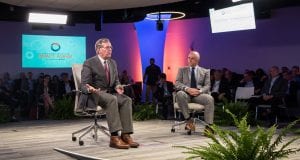
Both approaches signal not only a “serious discontent” with traditional approaches to healthcare, says Leavitt, but they also indicate a desire and an economic imperative to “drive new innovation.”
“Smart executives,” says Leavitt, “will anticipate where the market is moving and start to position themselves, but it will be hard to know how fast to move.”
New approaches to national healthcare policy will certainly be impacted by digital and mobile technology, which has the opportunity to transform medical practice from the population-based approach of treating illness to individualized medicine. Dr. Richard Carmona, the 17th U.S. Surgeon General and current Chief of Health Innovations at Canyon Ranch, led a riveting discussion about how digital technology and genetic knowledge could fundamentally change the way modern medicine deals with patients and diseases.
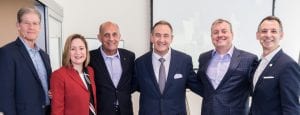
Riffing on Geraghty and Leavitt’s earlier discussion about the nascent Jeff Bezos/Warren Buffett/Jamie Dimon effort, Robert S. Merkel, General Manager, IBM Healthcare and Life Sciences suggested, in a discussion about the Creative Destruction of Healthcare, that the companies need to look at data and come up with actionable insights in order to “move needle of overall health.”
“If we’re smart,” said Jonathan Perlin MD, President, Clinical Services & Chief Medical Officer, HCA Healthcare, “We’ll take cues take in our own organization. We have to understand how to deconstruct and reconstruct healthcare.”
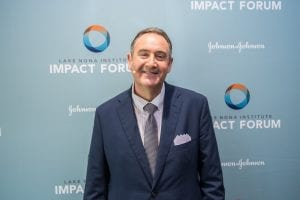
Both Perlin and Howard Krein, MD, PhD, Chief Medical Officer, StartUp Health; Senior Director of Health Policy & Innovation at the Sidney Kimmel Cancer Center; Assistant Professor of Otolaryngology: Head & Neck Surgery, Thomas Jefferson University, agreed that creative destruction was an exciting development in healthcare.
But shifting the healthcare model will require a move from treating illness to a broader focus on improving health and wellness and involvement of the investment community. Technology, the panelists agreed could democratize and simplify information about healthcare. But, they agreed, technology needs to deliver value and deliver on the promise that it makes a difference in people’s lives.
For example, said Sandy Climan, President, Entertainment Media Ventures (EMV), the mentality of caring, embracing and service that is evident in the entertainment industry’s story telling needs to be embedded in the medical industry. We need to use technology to give patients who walk through the door a sense of community and humanize them.
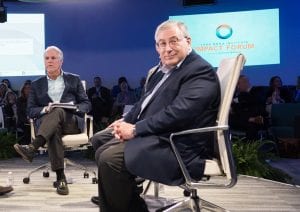
Beyond providing quality healthcare and innovation in policy and technology, there are many other challenges to creating an ecosystem of wellbeing, a theme of #LNIF18. Other panel discussions focused on how longevity and aging will impact future demands on healthcare, the innovations necessary in mental health care to transform lives, and how consumer demands for nutritious and personalized food choices align with health, sustainability and a social agenda of growing and distributing healthy and affordable natural food at a national and global scale.
These questions, along with how individuals can play a more proactive role in managing their own health and wellness – whether it be through meditation, mindfulness, and diet – rounded out the rest of the discussions.
There has never been a time of greater change and more profound opportunity. Those individuals, organizations and communities that sharpen their focus, develop innovative solutions and execute on creative strategies will lead.
Photos from the sessions, as well as key quotes form panelists are available on Twitter at @LN_ Institute and at Facebook.com/LakeNonaInstitute. A In addition, several sessions were livestreamed at Facebook.com/LakeNonaInstitute

